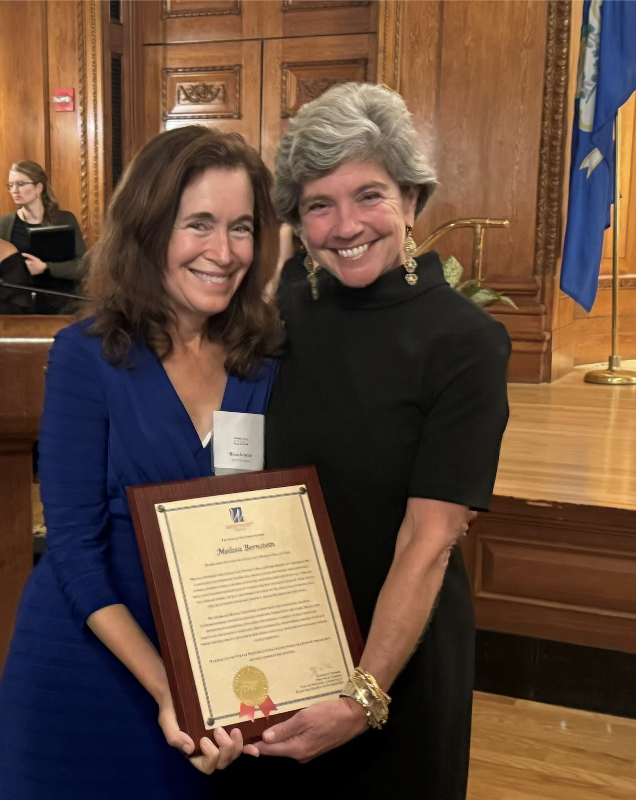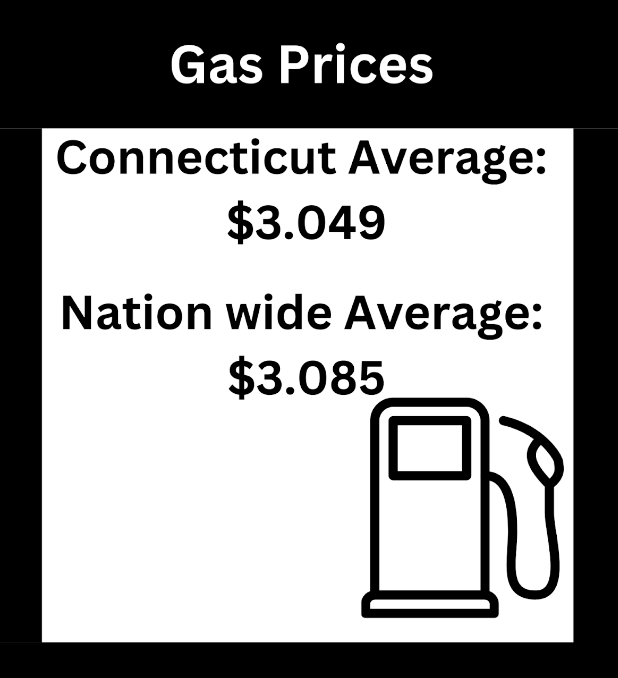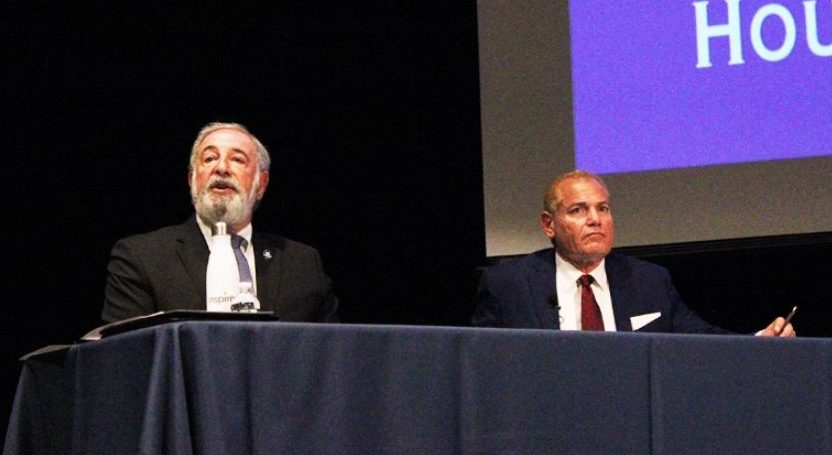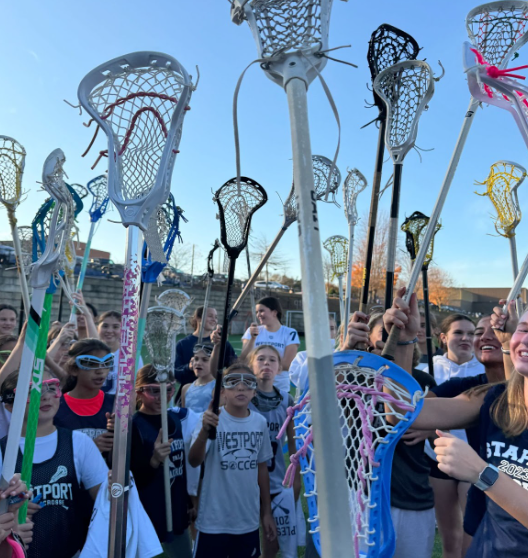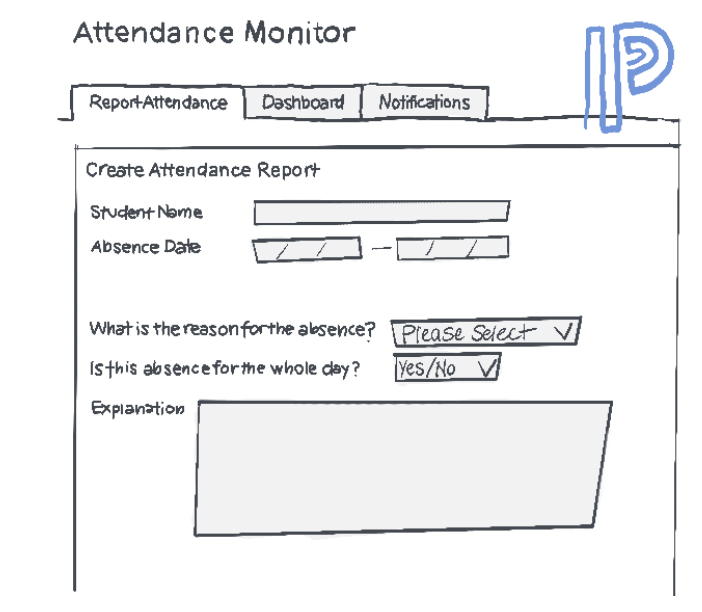When choosing classes for next year, a student might consider their interests, potential teachers, and their maximum homework capacity.
Another factor is teacher recommendations. Staples’ course catalog often suggests having a recommendation before enrolling in challenging classes. But that’s just a guideline; students can always override into classes.
Though the final decision is the student’s, many teachers say accurate recommendations are important.
Math teacher Jennifer Giudice says that accuracy depends on a lot more than a student’s grade.
“It’s definitely not that black and white,” Giudice said.
Her personal process involves making early recommendations in the first and second quarters. Her official recommendation is based on those early recommendation and the patterns in the student’s grades, and effort.
If a student disagrees, Giudice will ask about other classes and extracurricular activities.
“If a kid tells me they are going to put all their eggs in the math basket, I might consider recommending them for a more challenging class,” Giudice said.
Chemistry teacher William Jones agreed that the rest of a student’s schedule impacts the difficulty they can handle. However, he says, sometimes a class is just too hard.
“No matter how hard you work, you might not be able to perform,” Jones said.
Jones thinks students generally agree with this, estimating that 95 percent of his students agree with his recommendations.
For the five percent who don’t, overriding is an option.
The process worked for Freddy Hertan ’15 in his sophomore year when he overrode into AP Spanish.
“I decided to override because I had a real interest in learning Spanish,” Hertan said. “It has worked out great.”
Hertan’s sincere interest is considered by some teachers to be a crucial factor. Alexander Miller, an English teacher, says it’s not only high grades, but also real passion that distinguishes students equipped for a more challenging course.
“[Those students] don’t just want to know the way to do it, they want to explore the various ways it can be done,” he said.
In comparison, he says, when “grade-driven” students move up a level, they tend to be less successful.
“I get a visit from the student’s new teacher, asking me why I recommended the student for AP. I explain that I didn’t,” he said. “The student winds up in my English 3 class.”
Dropping into a lower level class may seem like an easy solution when an override goes wrong, but English Department Chair Julie Heller said that sometimes there is no space to move to, and that moving can disrupt the rest of a schedule. Furthermore, any bad grades follow students when they drop, minus the favorable GPA weighting.
Math Department Chair Frank Corbo said that given the risks, it’s good that overrides allow students to push their limits without putting the responsibility on teachers’ shoulders.
“In the end, the teacher will go with what their best opinion is, understanding that they could be wrong. That’s why we have the [override] process … we know that things change,” Corbo said.

